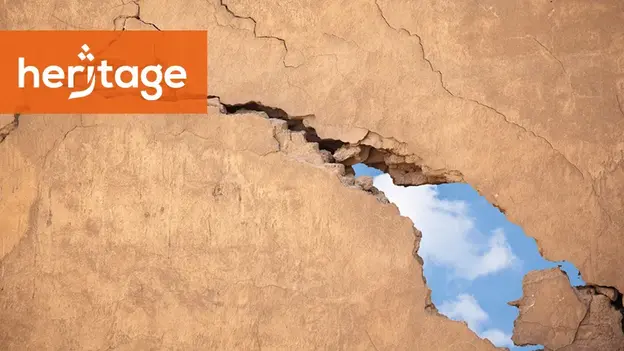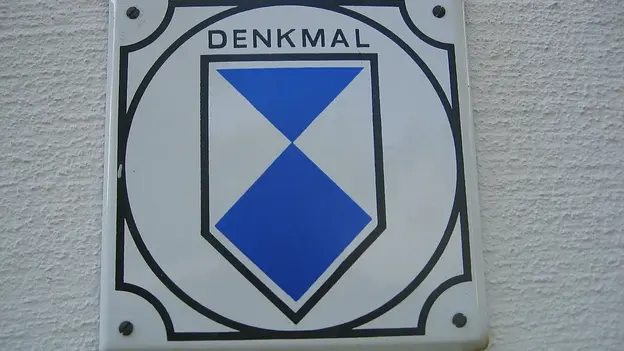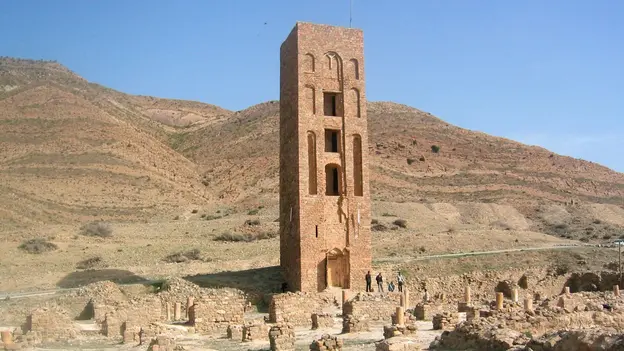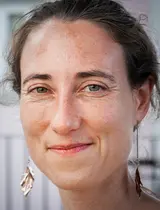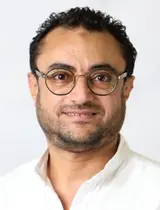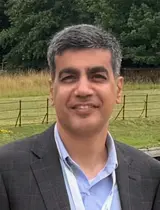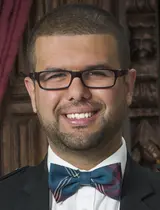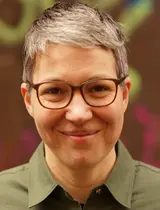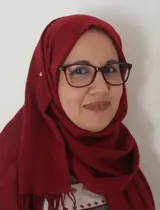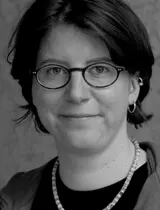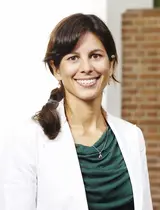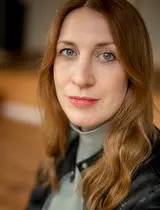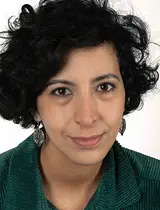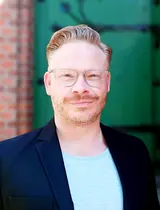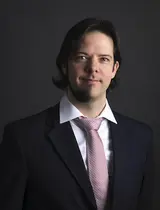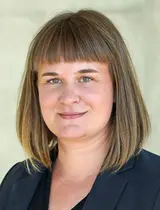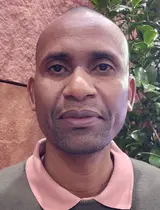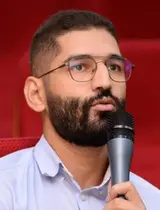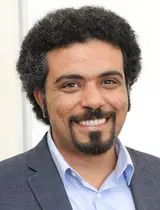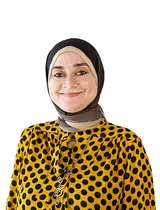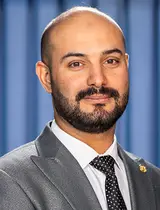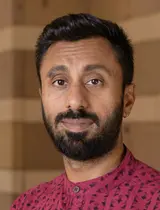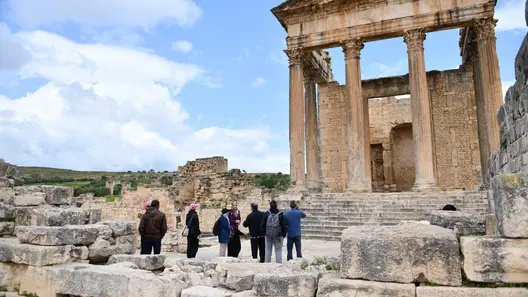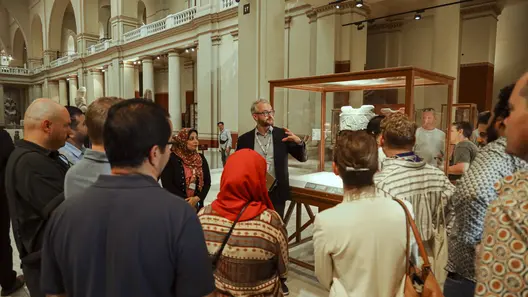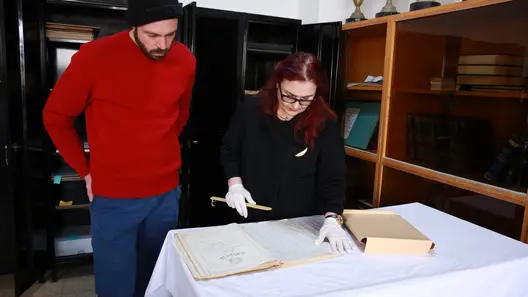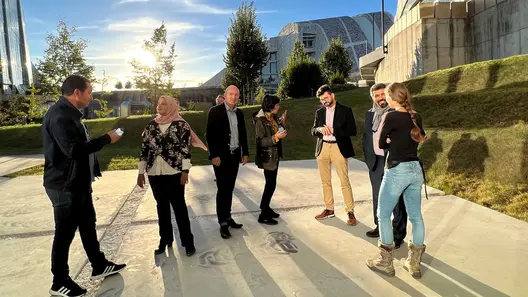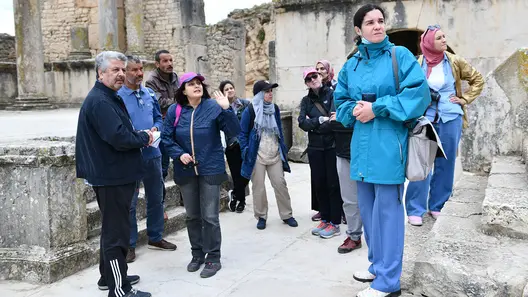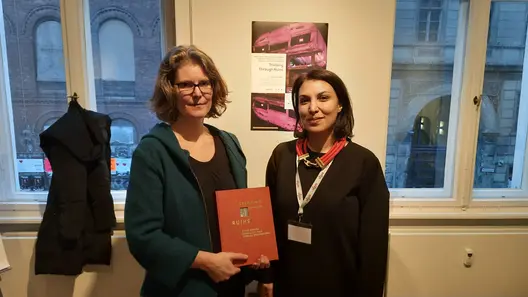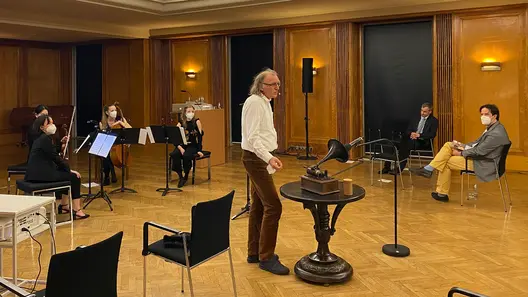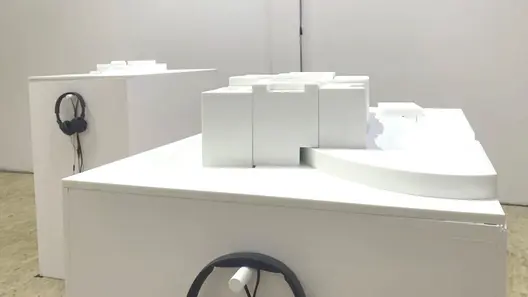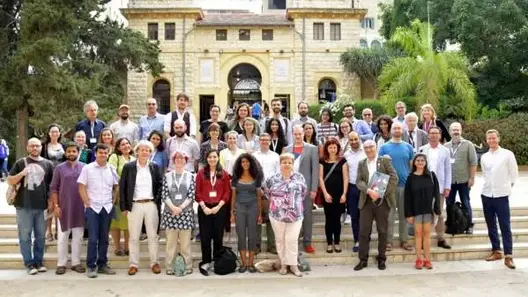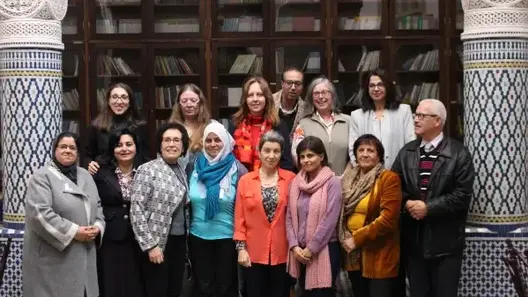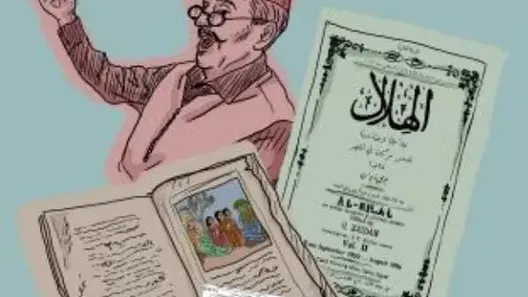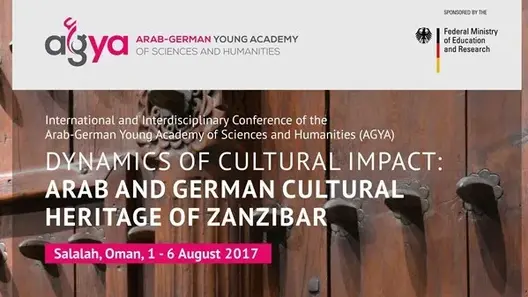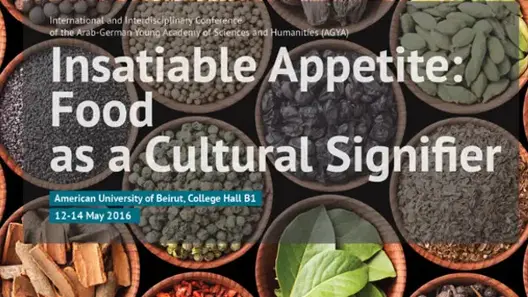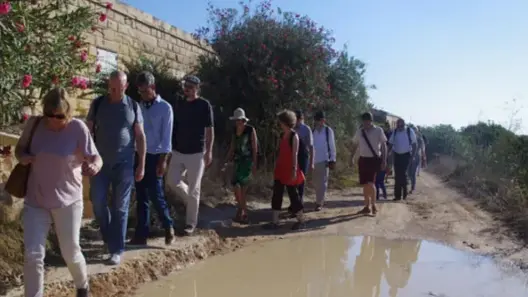Common Heritage and Common Challenges
Not an ordinary lecture: Learning about the sieges of Malta on a boat outside the quay walls of Valletta. And not an ordinary workshop: Getting hands-on with glass fusing and painting techniques to truly grasp the shared heritage of glass production. The members of the AGYA Working Group Common Heritage and Common Challenges prefer taking innovative approaches in order to gain fresh perspectives connecting theory and practice, history and lived experience.
We (re)read the past through a more inclusive lens and shine a light on topics and developments that have been left in the shadows. These include processes of exchange across the Mediterranean; migration and refugee issues throughout history; shared cultural heritage; the preservation of endangered historical sites; food as a cultural signifier; media transitions; and cultural debates. We members of the working group seek collaborations with scholars, artists, poets, creative writers, artisans, and practitioners.
How to define heritage, or more specifically, cultural heritage?
As a concept, heritage refers to both the tangible and intangible world. It includes the built and natural environment and artefacts as well as oral history, values, and traditions. Heritage refers to the past with its material and immaterial remains reaching into the present. As such, it represents a transhistorical connection between the past, present, and future that is constantly being remoulded, transformed, and inhabited with ever-changing questions and concerns.
What are the challenges connected to heritage? While the main challenge is certainly its preservation, it is no less important to make heritage relevant for today’s concerns, to unearth hidden connections, and to shed new light on what is common in our heritage. Long-term knowledge accessibility and visibility as well as legal and ethical aspects play a major role. Cultural heritage is the product of transcultural and transregional exchanges. Innumerable connections, translation processes, creations, and recreations have their share in what is considered our cultural heritage today. To us, showing the heritage shared in common between Arab countries, Germany, and Europe means to uncover the relics, ruins, and fragments of the past and to approach them from different perspectives in order to gain new and meaningful insights for today’s societies.
The members of our group have diverse disciplinary and cultural backgrounds and a distinct curiosity regarding new terrains. As musicologists, historians, archaeologists, philosophers, sociologists, literary scholars, urbanists, law scholars, and anthropologists, we all actively participate in pushing the boundaries of our respective disciplines further while at the same time benefiting from our disciplinary knowledge and methodological approaches to elaborate the respective topics. The working group welcomes members from the technical and natural sciences. We consider diversity of background and openness to new challenges to be the basis for a fruitful exchange that leads to innovation.
